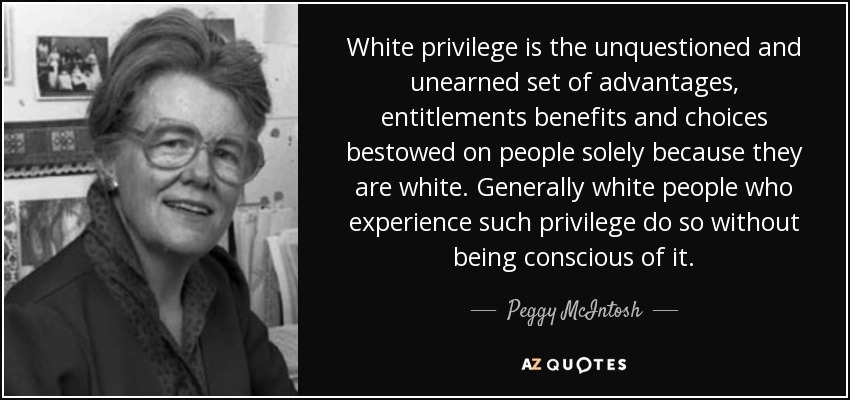
The life of a teacher in rural Northern California. I have now been teaching in this area for almost 7 years after moving down from Portland, OR. I started this blog when I first moved to document the transition, but now I will continue it with advice as a teacher, parent, and cancer survivor. ~In honor of my Grandma Corky who told me she wanted me to blog about this so that she could stay up-to-date on my life. Love you. (RIP 8/27/13)~
Monday, June 29, 2020
Privilege

Saturday, June 6, 2020
Learning to Do Better

We are Water Protectors by Carole Lindstrom
Amazing Grace by Mary Hoffman
White Flour by David LaMotte
Soccer Fence by Phil Bildner
Let's Talk About Race by Julius Lester
Shining Star by Paul Yoo
Separate is Never Equal by Duncan Tonatiuh
My Hair is a Garden by Cozbi A. Cabrera
Viola Desmond Won't be Budged! by Jody Nyasha Warner
When I Was Eight by Christy Jordan-Fenton and Margaret Pokiak-Fenton
The Day You Begin by Jacqueline Woodson
I am Not a Number by Dr. Jenny Kay Dupuis and Kathy Kacer
Ruth and the Green Book by Calvin Alexander Ramsey and Gwen Strauss
Something Happened in Our Town by Marianne Celano PhD, Marietta Collins PhD, & Ann Hazzard PhDBack of the Bus by Aaron Reynolds
I am Rosa Parks by Brad Meltzer
Firebird by Misty Copeland
A Dance Like Starlight by Kristy Dempsey and Floyd Cooper
Lily Brown’s Paintings by Angela Johnson
Just like Josh Gibson by Angela Johnson
The Hula-Hoopin’ Queen by Thelma Lynne Godin
The Youngest Marcher by Cynthia LevinsonThe Princess and the Pea by Rachel Isadora
Happy to be Nappy by Bell Hooks
Mixed Me! by Taye Diggs
Full, Full, Full of Love by Trish Cooke
Ruby Bridges: My True Story by Ruby Bridges
Henry’s Freedom Box by Ellen Lavine
Light in the Darkness by Lesa Cline-Ransome
Juneteenth for Mazie by Floyd Cooper
Princess Hair by Sharee Miller
Let the Children March by Monica Clark Robinson
Crown: An Ode to the Fresh Cut by Derrick Barnes
I Am Enough by Grace Byers
The Big Bed by Bunmi Laditan
Grandma’s Purse by Vanessa Brantley-Newton
Why Mosquitoes Buzz in People’s Ears by Verna Aardema
As an Amazon Associate, I may receive compensation for qualifying purchases at no extra cost to you.
